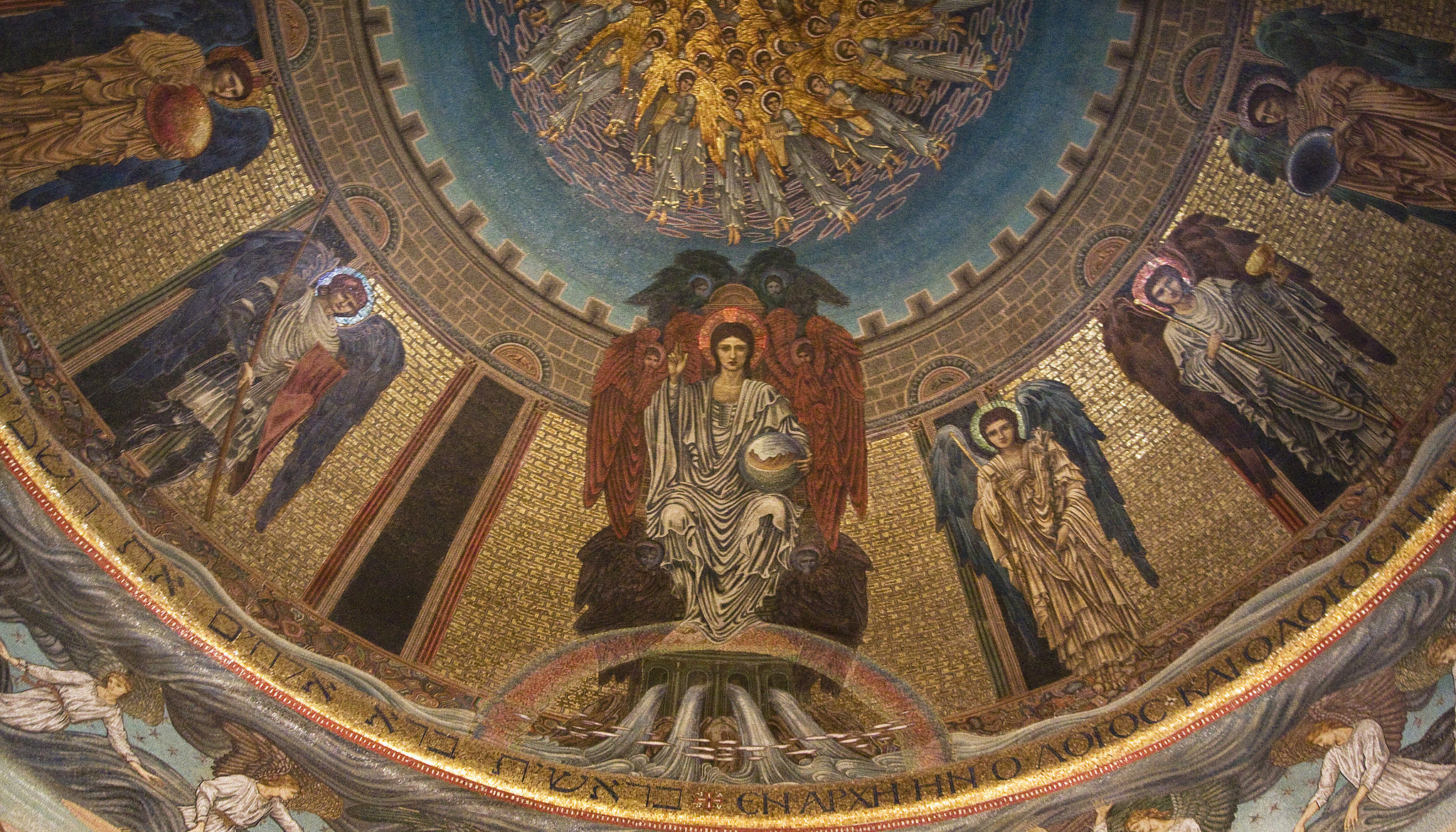On a rock too high for me to reach
set me on high. (Ps 61:2b)
Human beings delight in looking down from the heights. We trek up hills so that we can gaze at valleys below. We climb atop bell towers to look out over medieval towns. We fly thousands of feet in the air and peer down at mountains. Viewing things from above, we seek to satisfy a desire within us to know the “bigger picture,” our place in a reality larger than ourselves.
Private space travel may soon offer us this sort of perspective from higher than ever before. In our lifetime, you and I could marvel at Earth from up in orbit, up on the Moon, perhaps even “up” on Mars. From such a vertigo-inducing viewpoint, we would likely share an intuitive shift in self-awareness that astronauts report after seeing Earth “hanging in the void” beneath them. Could this view of Earth from space be the ultimate “bigger picture” we hope to attain? How might it compare with the perspective from on high that we receive from our faith?
When we make an act of faith, we assent to truths that God has supernaturally revealed. While some revealed truths, such as God’s existence and eternity, are also knowable by reason (Rom 1:20), much of what we know by faith could never be discovered by ourselves. The impossibility here is not a technological one that could be overcome by time, effort, and money, like that of putting a man on Mars or back on the Moon. It is a metaphysical impossibility: the natural light of reason is not proportioned to God’s highest mysteries. When God moves us to the act of faith, he strengthens our intellect above its natural capacity “by the infusion of gratuitous light” to know revealed truths (ST I q. 12 a. 13). Although this light of faith is imperfect compared to the light of glory that the blessed receive in heaven (1 Cor 13:12), it nonetheless equips us in this life to ponder the Trinity, the Incarnation, and other mysteries that we could not have reasoned to from below (Matt 16:17).
Similarly, by the light of faith we learn truths about ourselves that we would never have attained by natural reason alone, not even after looking down at Earth from space. For example, we know by faith that our ultimate end, the purpose for which we were made, is eternal delight with the Trinity. By giving us knowledge of our supernatural end, faith enables us to order our priorities toward what truly fulfills us and makes us happy, God himself (ST I q. 1 a. 1). By faith, we also come to know the means by which we reach that fulfilment: a lifelong ascent in which we are healed, elevated, and conformed to Christ through his grace in the sacraments (ST III q. 62).
God knows our yearning to see the “big picture”; he himself planted it in our nature. Knowing that we enjoy looking down from high places, he raises our intellect to a perspective more sublime than any we could get from mountains or the Moon. God gives us a vantage point that comes from clinging to a higher rock than these––and that rock is Christ (1 Cor 10:4).
He set my feet upon a rock
and made my footsteps firm. (Ps 40:2b)
✠
Photo by Fr. Lawrence Lew, O.P. (used with permission)







